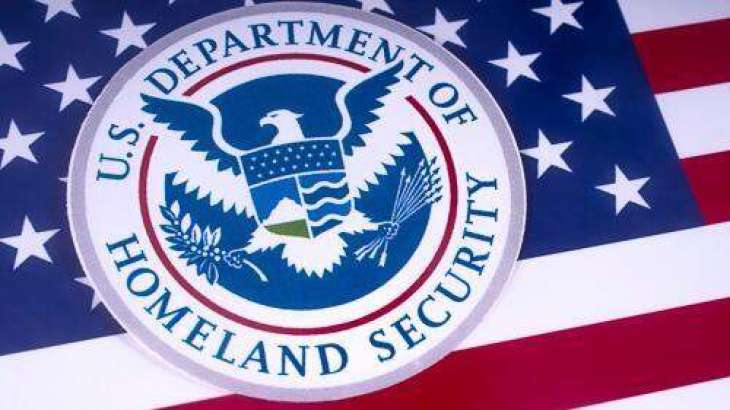The US Department of Homeland Security (DHS) said on Monday that it is extending the date by which states must begin full enforcement of "Real ID" identification requirements by two years amid lingering impacts of the COVID-19 pandemic on licensing agencies
WASHINGTON (Pakistan Point News / Sputnik - 05th December, 2022) The US Department of Homeland Security (DHS) said on Monday that it is extending the date by which states must begin full enforcement of "Real ID" identification requirements by two years amid lingering impacts of the COVID-19 pandemic on licensing agencies.
Enforcement of Real ID regulations, established by Congress in 2005 to standardize identification document procedures in the wake of the September 11 terror attacks, has been hampered by state governments' refusal to implement the measure.
DHS is again delaying enforcement from May 3, 2023 to May 7, 2025, the department said in a statement. Following the enforcement deadline, agencies such as the Transportation Security Administration (TSA) will be unable to accept IDs that do not meet the Federal standards.
"This extension will give states needed time to ensure their residents can obtain a Real ID-compliant license or identification card. DHS will also use this time to implement innovations to make the process more efficient and accessible," DHS Secretary Alejandro Mayorkas said in the statement.
The extension is necessary, in part, to address the lingering impacts of the COVID-19 pandemic on state licensing agencies and the public's ability to obtain a compliant identification, the statement said.
Many states during the pandemic extended driver's license expiration dates and shifted operations to appointments only, creating a backlog through which to work, the statement said.
Real ID-compliant documents will be needed to enter through TSA security checkpoints for domestic air travel, as well as to access federal government facilities or nuclear power plants. States will still be allowed to issue documents that do not satisfy Real ID standards, but they must be marked as unacceptable for federal purposes.




